In late December 1989 the country came crashing to it's feet. The political system that ruled with such efficiency that reigned terror for over thirty years came to an abrupt halt one on a cold December day, when an elite force confiscated the offices where Nicolae Ceaucescu and his wife Elena were in hiding. Immediately the country rejoiced in a new democracy, or at least that was the hopes. Quickly a government moved in with such efficiency that most questioned how one could have been formed within days of the coup d'état. A once impressive system, or promises of social welfare and protection for those without means crashed right before the citizenry, their lives and families dissected and spread throughout the country.
Nicolae Ceucescu had a decree that stated all families must have a mandatory four children, and if they did not meet this criteria, they would be taxed to such an extent they could not afford to live. Families were forced to enable the country to restart it manpower, to built it's work force through the hard efforts of human labor and struggle, as çeaucescu had made it clear.
When everything turned that December day, no one had imagined the devastation or implications that such an event could have, and ripple throughout the whole country. Immediately, families could no longer afford to feed their children, and because of the strickened economy, they were forced to put their eldest into the streets, to fend for themselves and find their own way in a country that no longer needed them, they were a casualty of circumstance.
When everything turned that December day, no one had imagined the devastation or implications that such an event could have, and ripple throughout the whole country. Immediately, families could no longer afford to feed their children, and because of the strickened economy, they were forced to put their eldest into the streets, to fend for themselves and find their own way in a country that no longer needed them, they were a casualty of circumstance.
Shadows of a Revolution began in 1997, documenting the lives of Romanian street children in the wake of the fall of the Ceausescu regime. Orphanages, once swollen with neglected children, became empty shells as the young spilled out, abandoned by a system that barely cared for them and left them alone in the Shadows of a Revolution. Partnering with Save the Children, Romania, I gained access to programs for abandoned and displaced youth, capturing part of a generation left behind by political turmoil. The images revealed a hidden reality and humanized a marginalized group overlooked by much of the world. Ultimately, “Shadows of a Revolution” seeks to show that these are not just isolated stories of the past—they are ongoing realities that require attention and action.


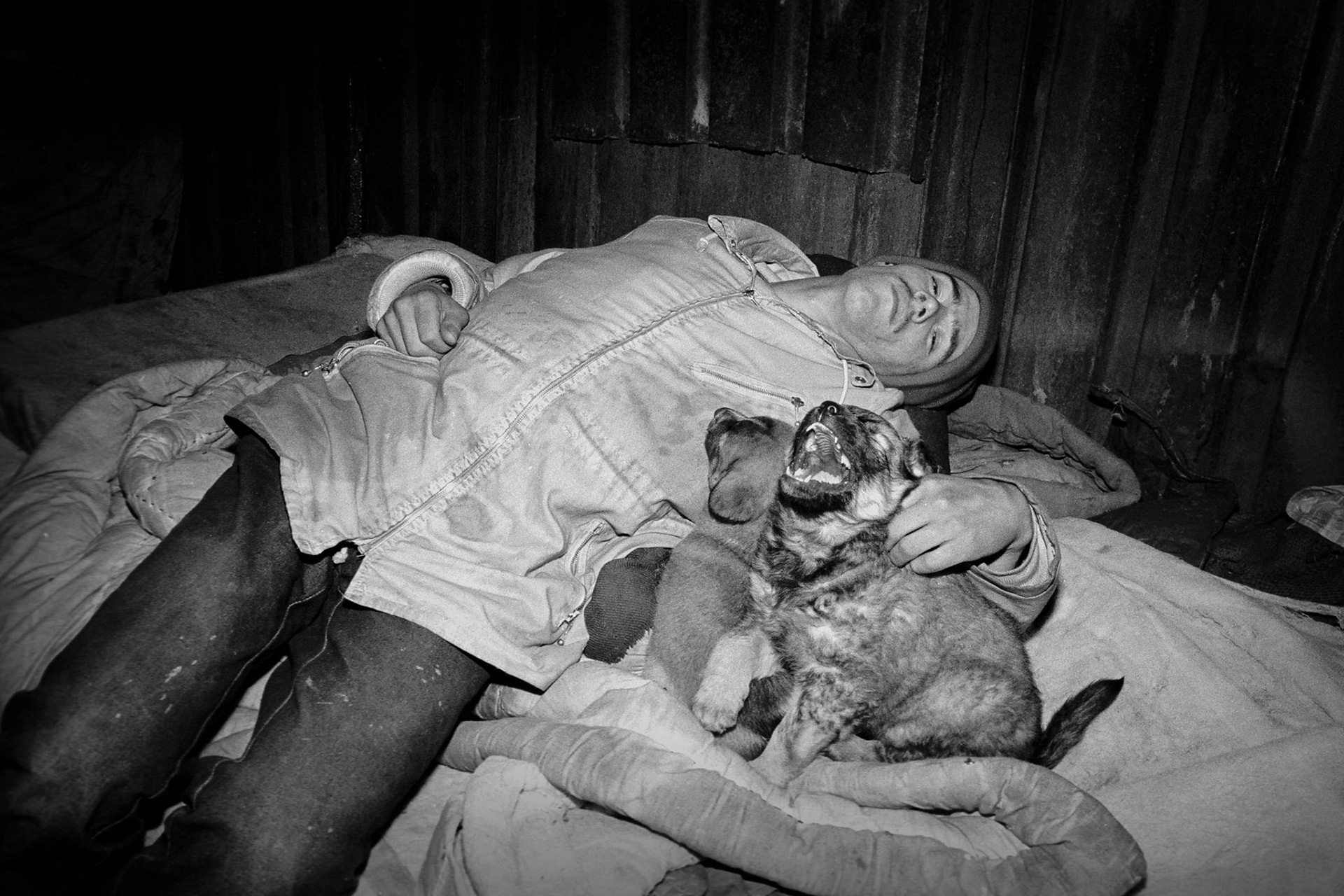


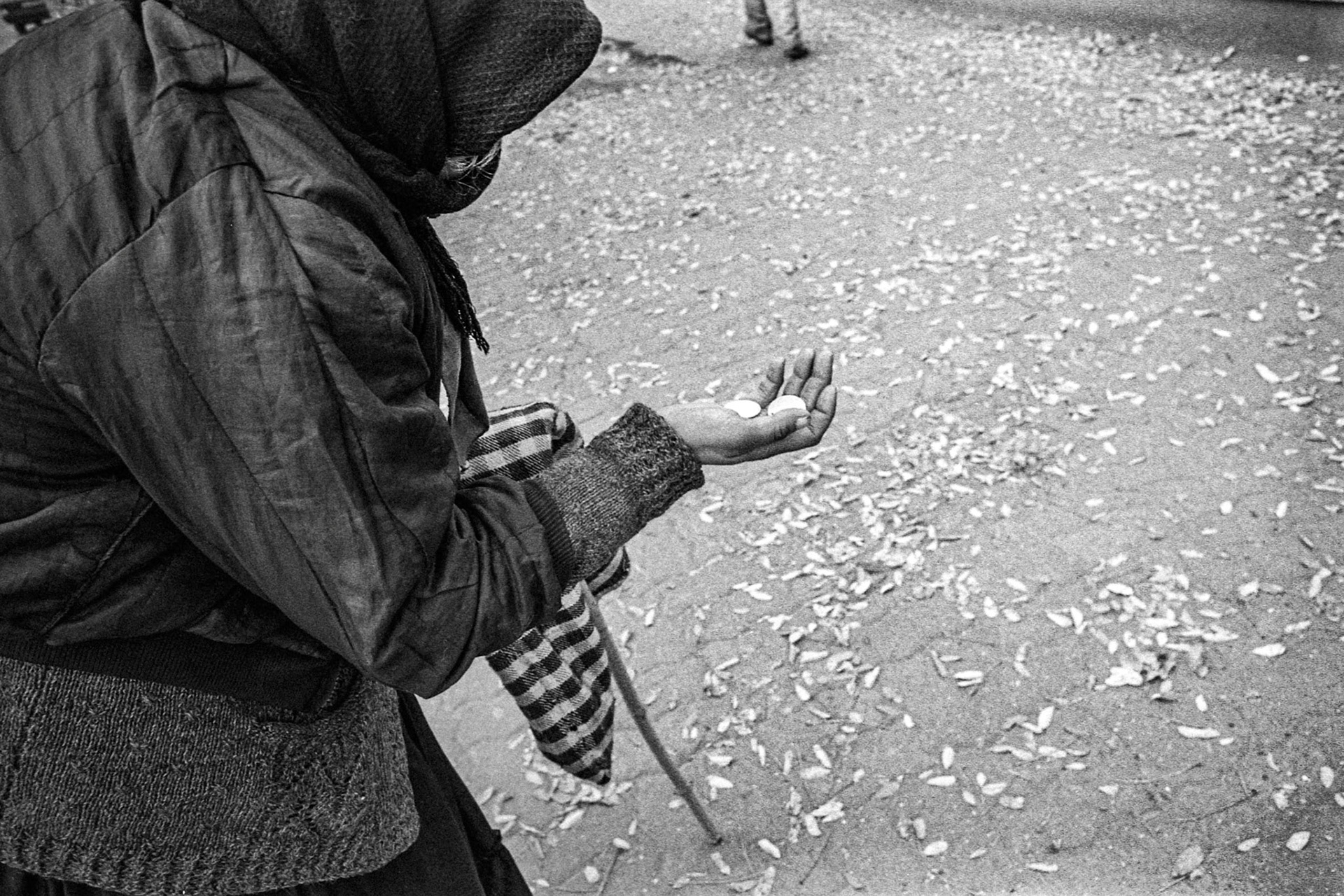
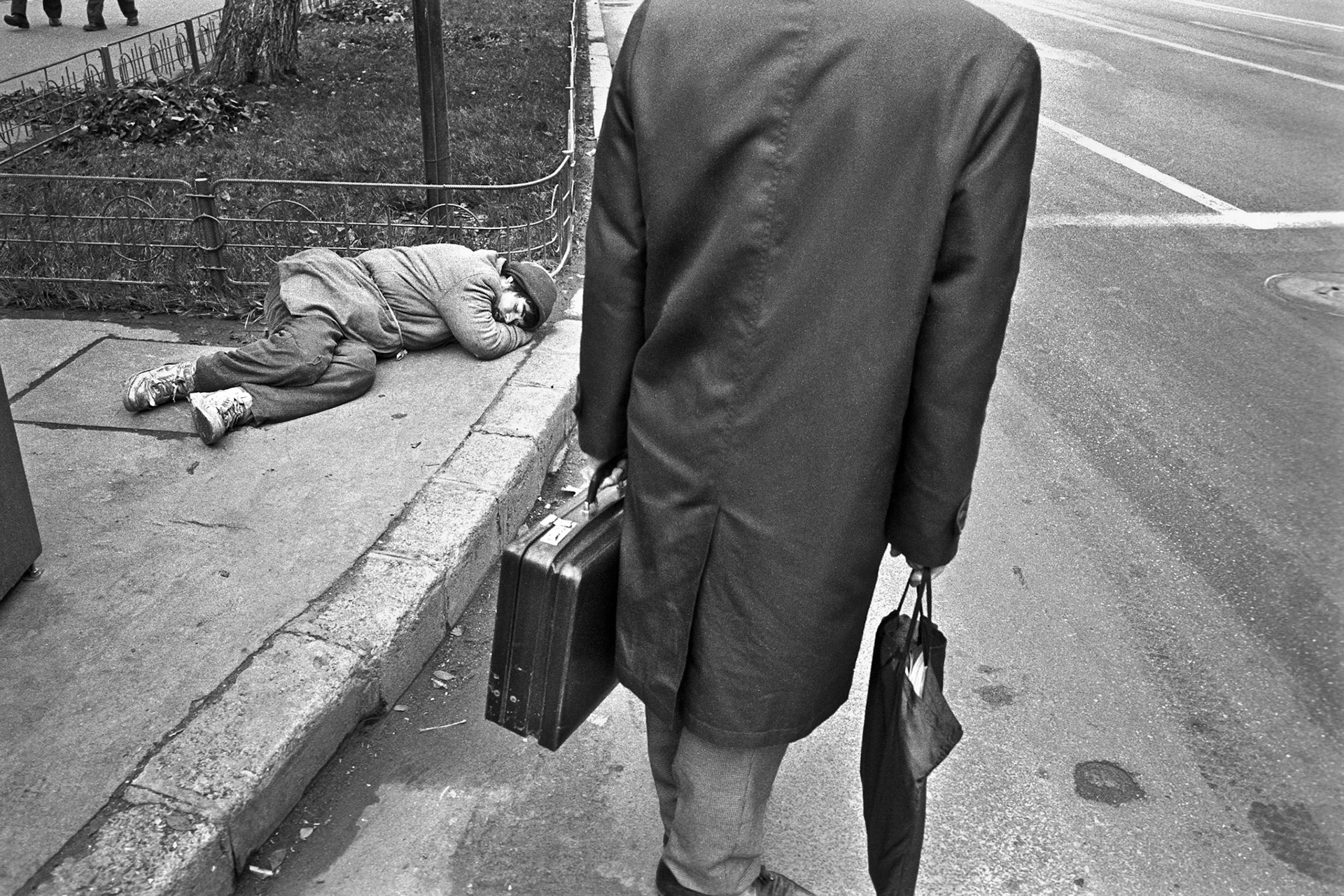
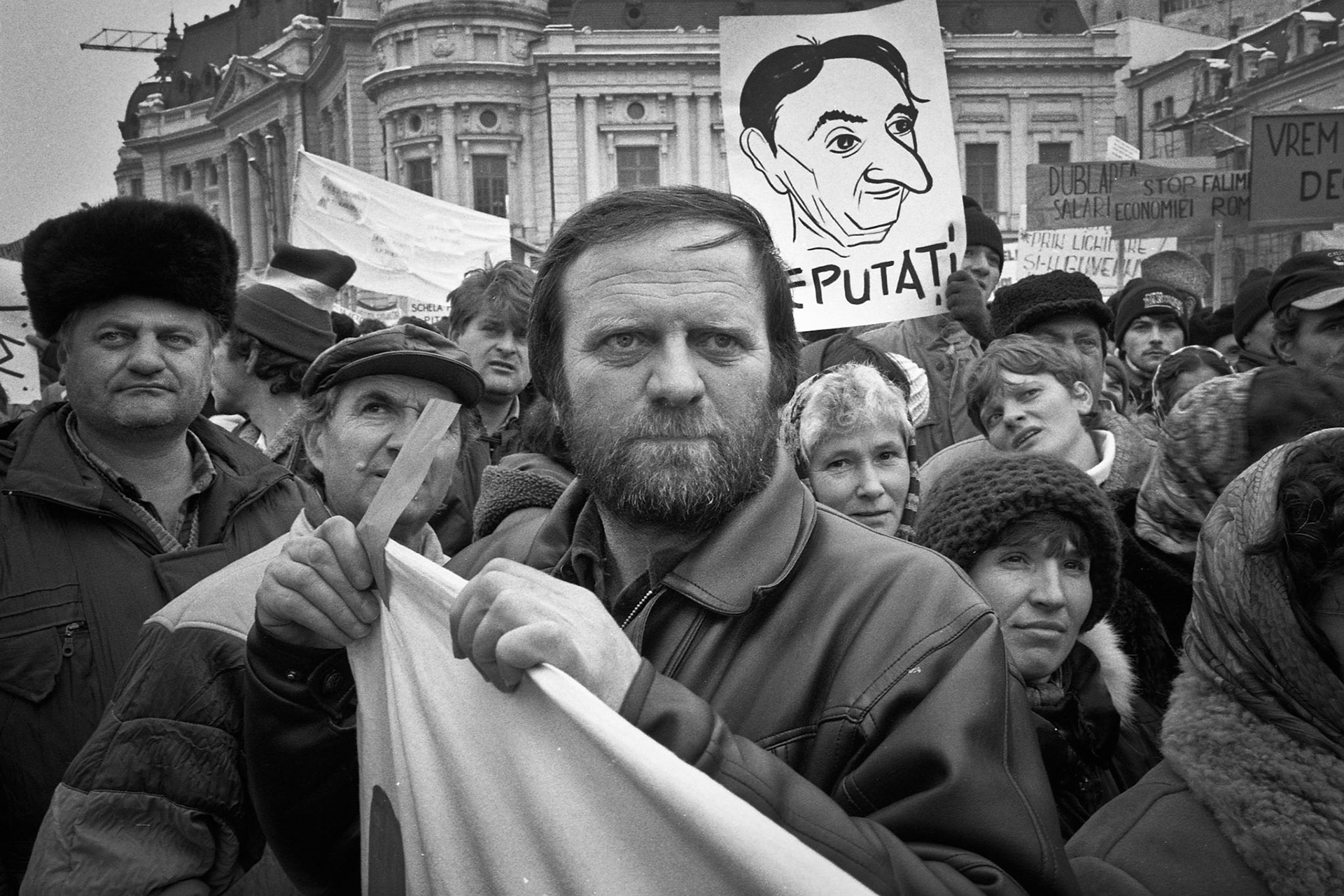
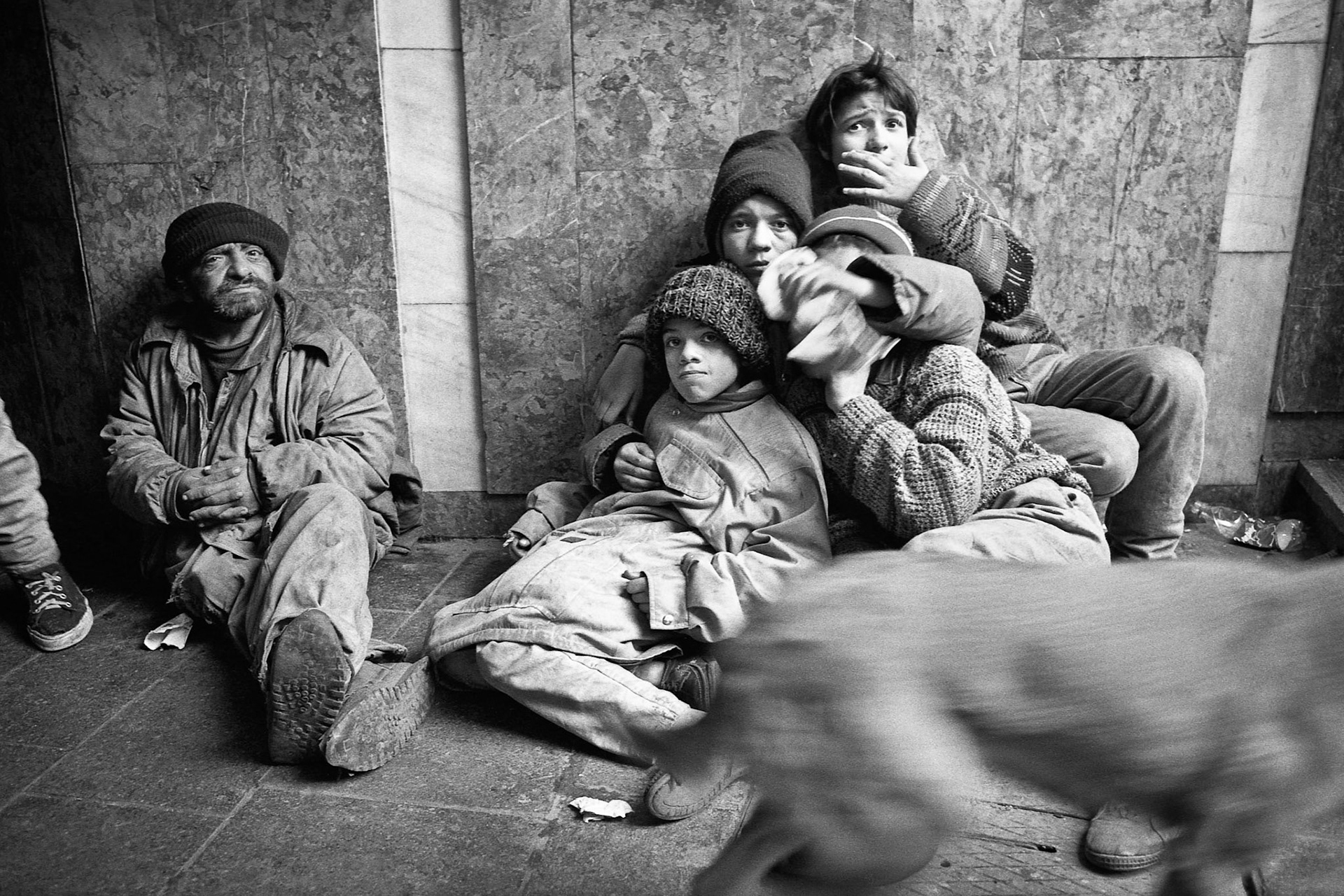

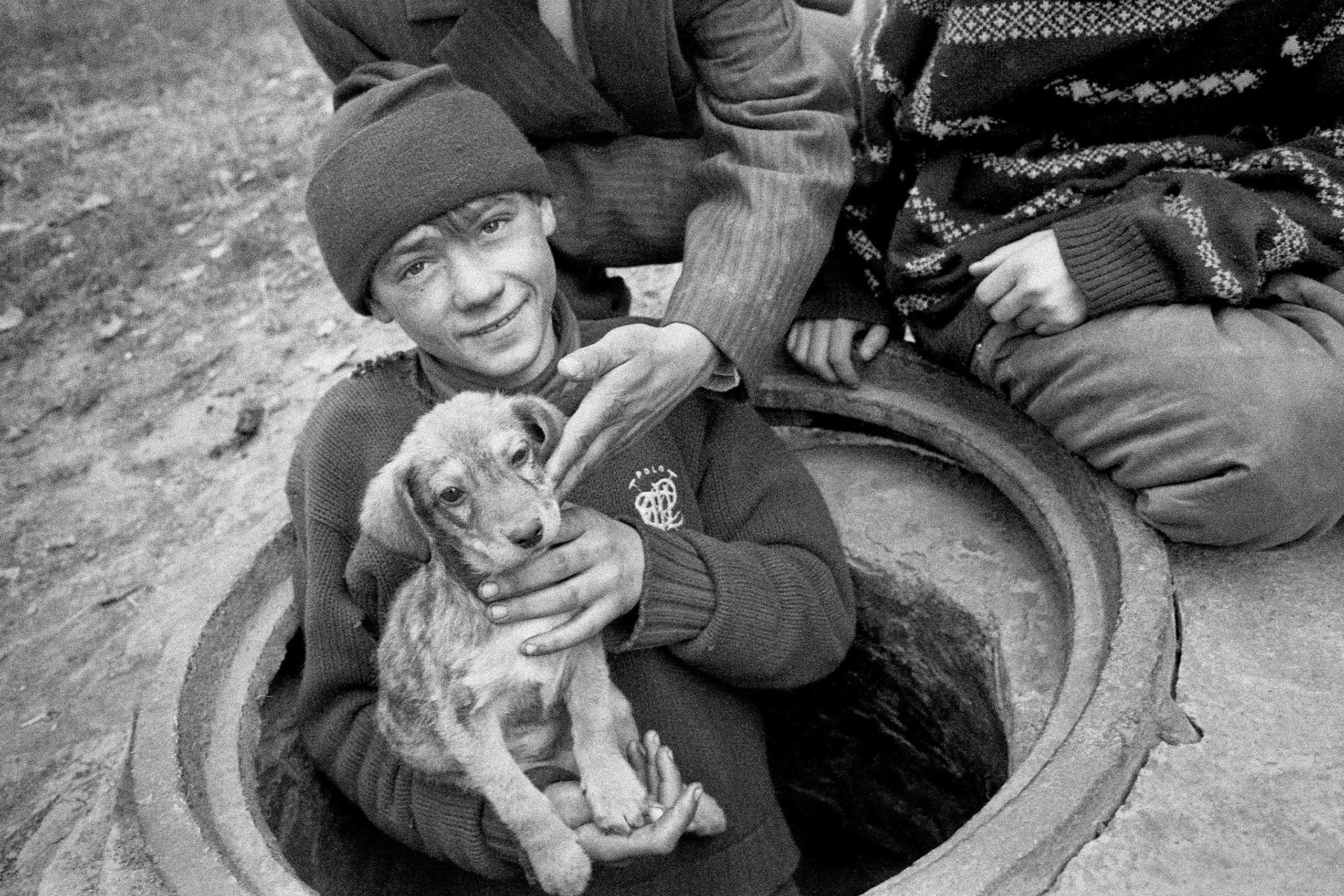
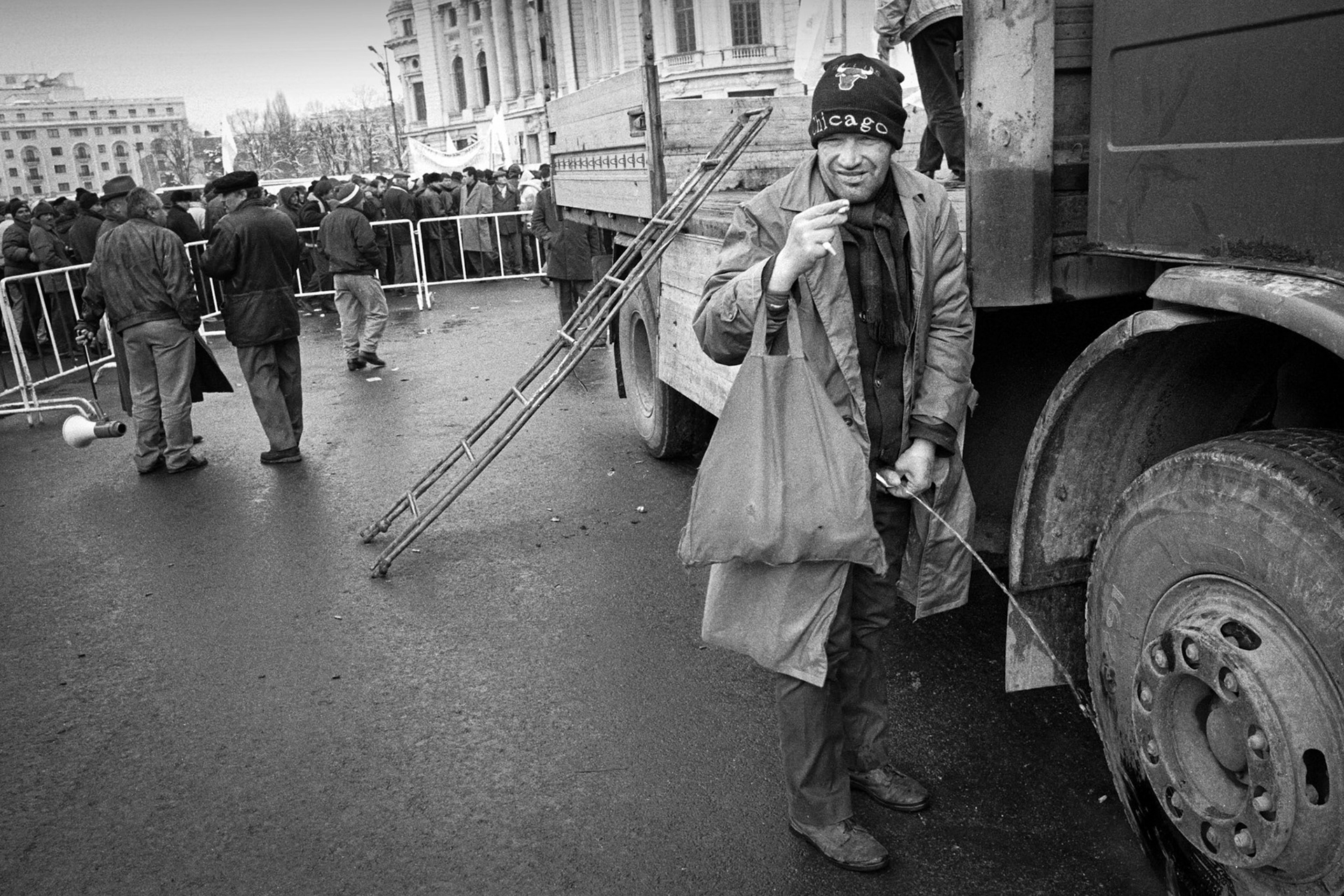
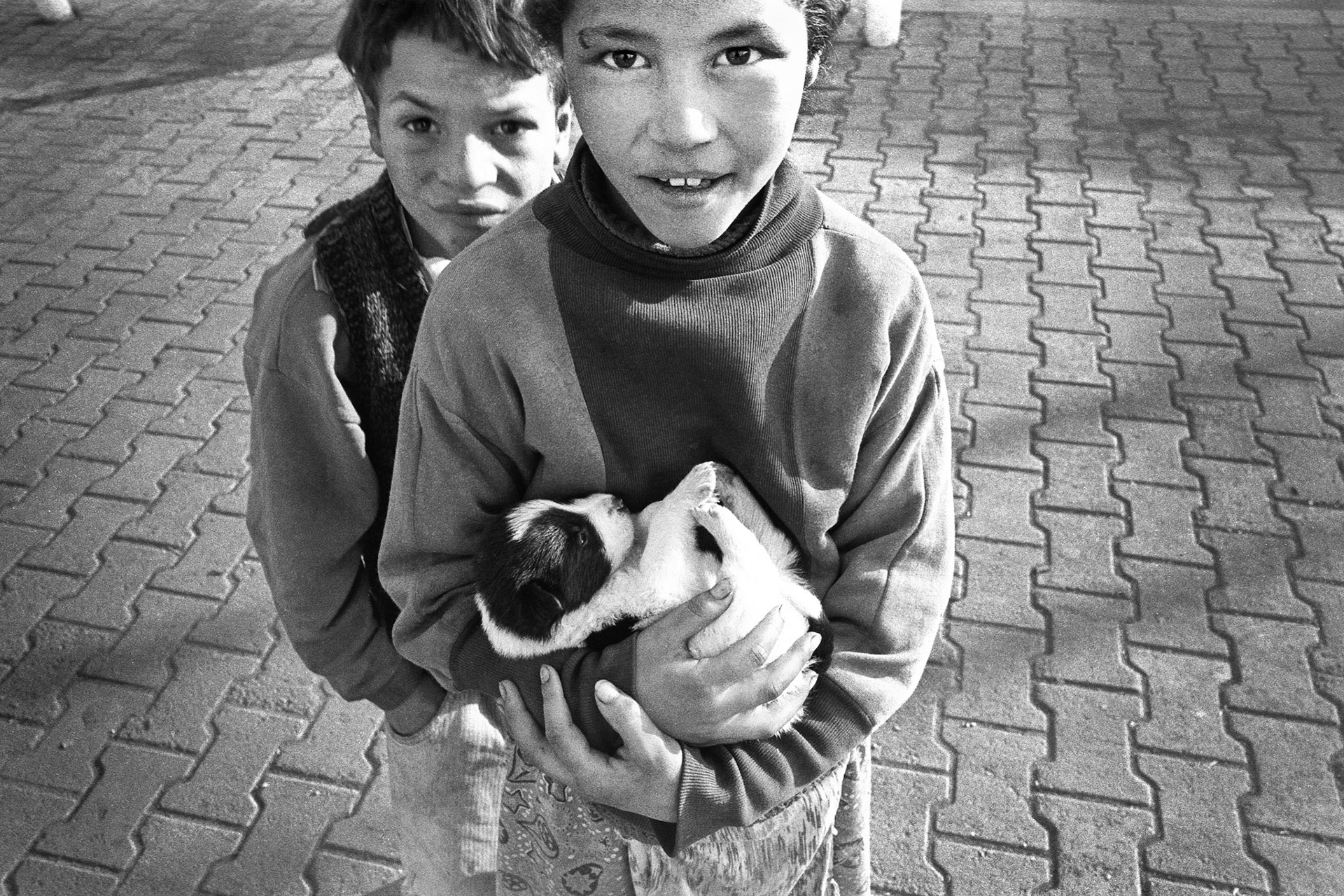
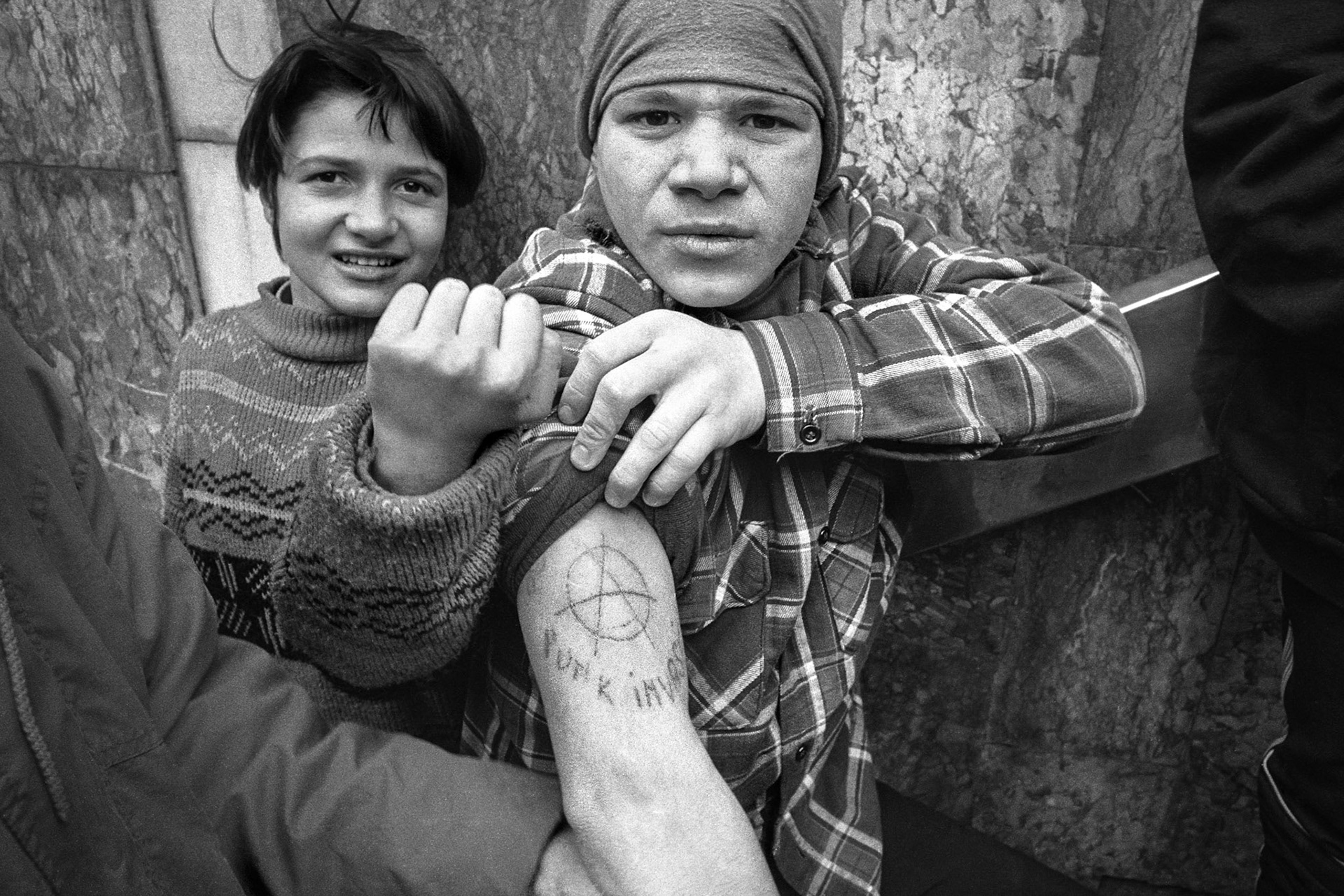
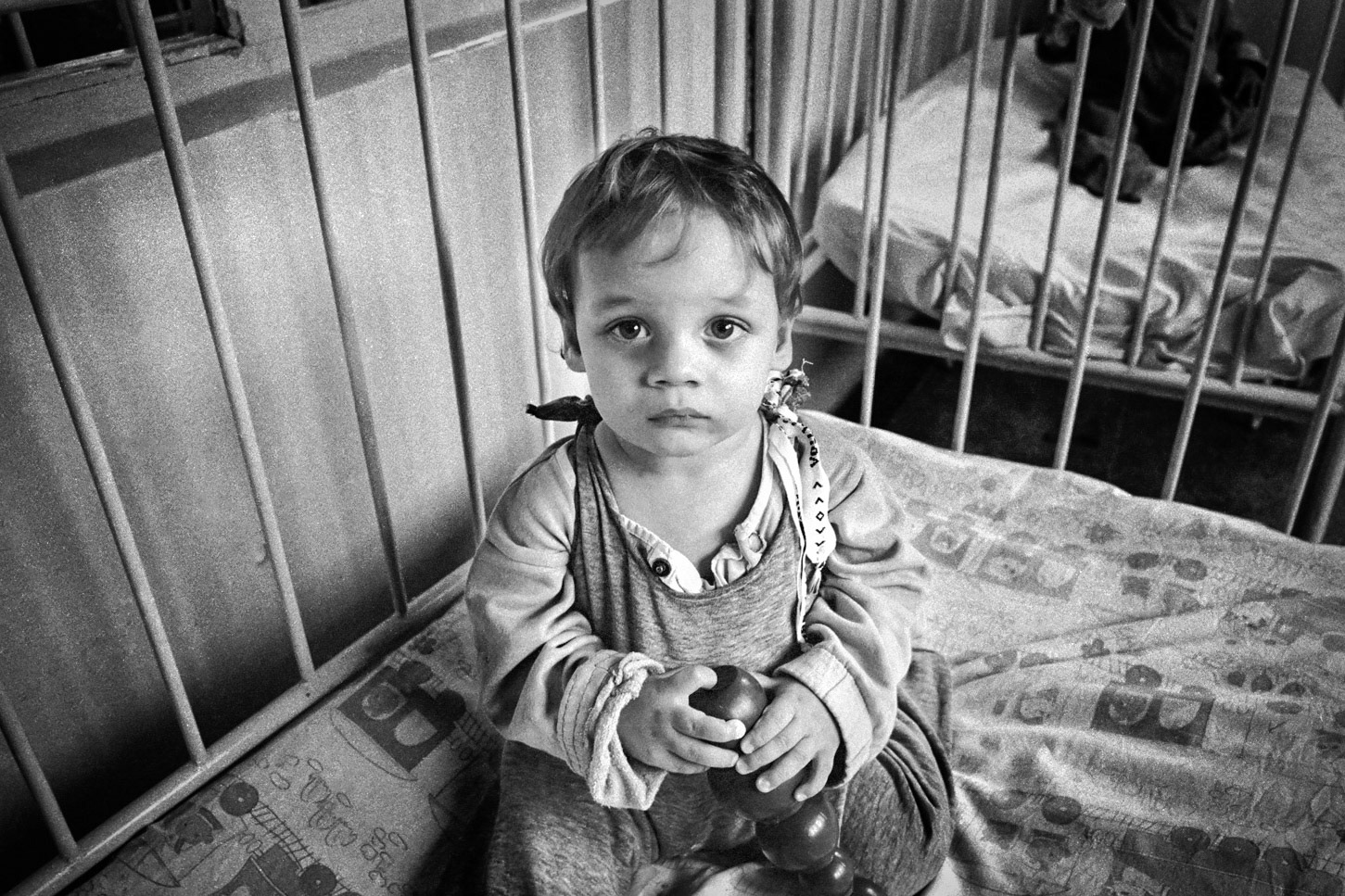


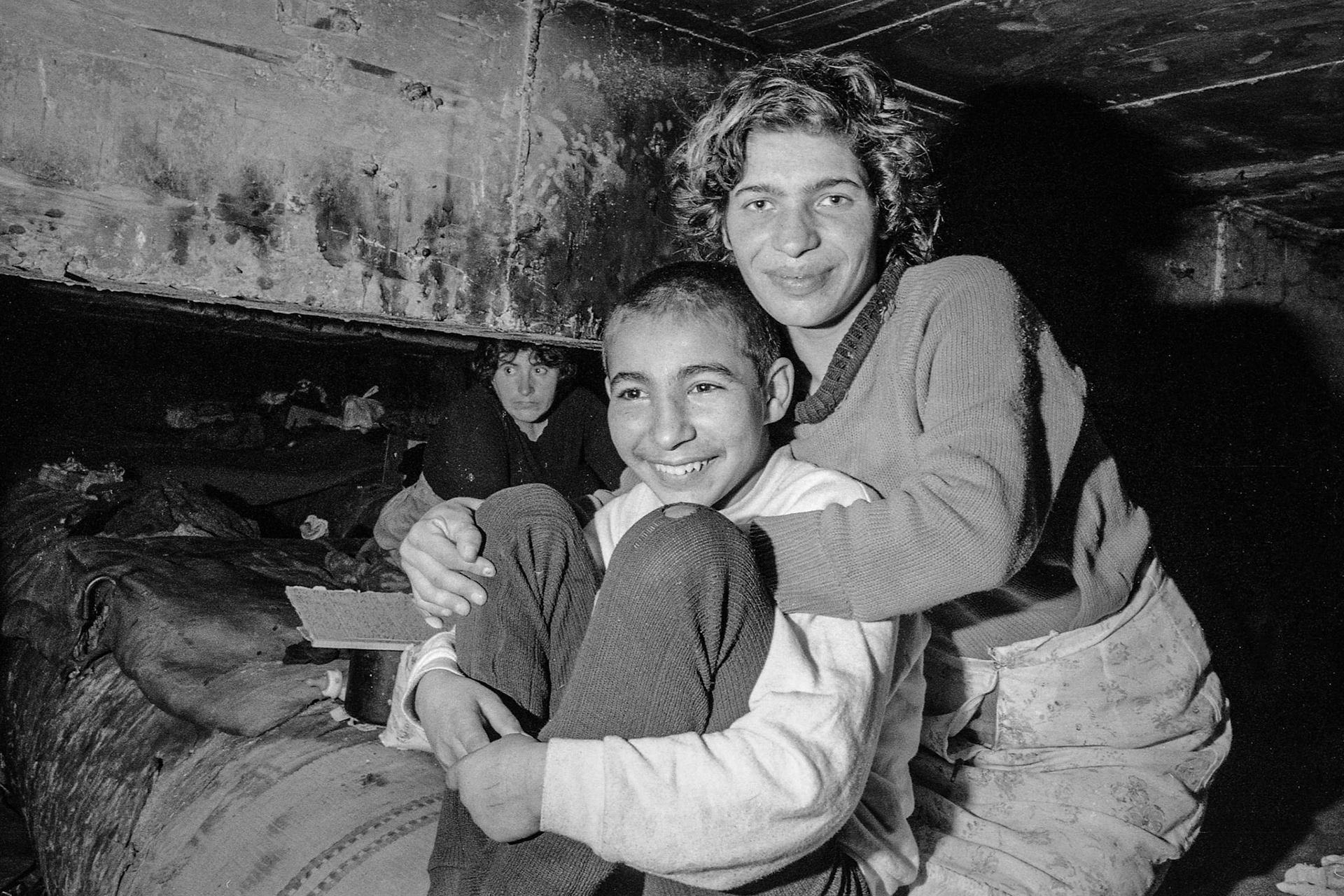

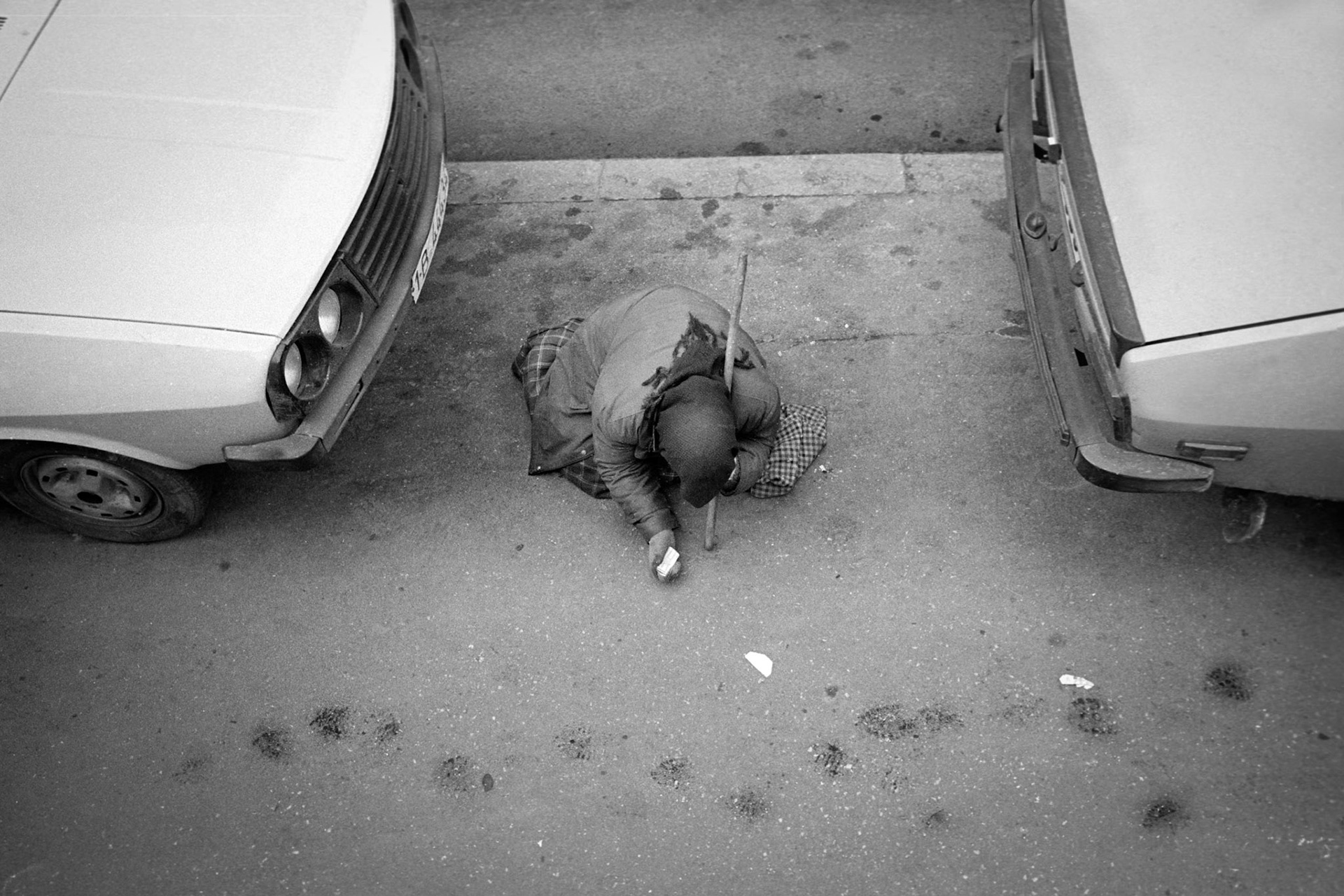
INDIA
